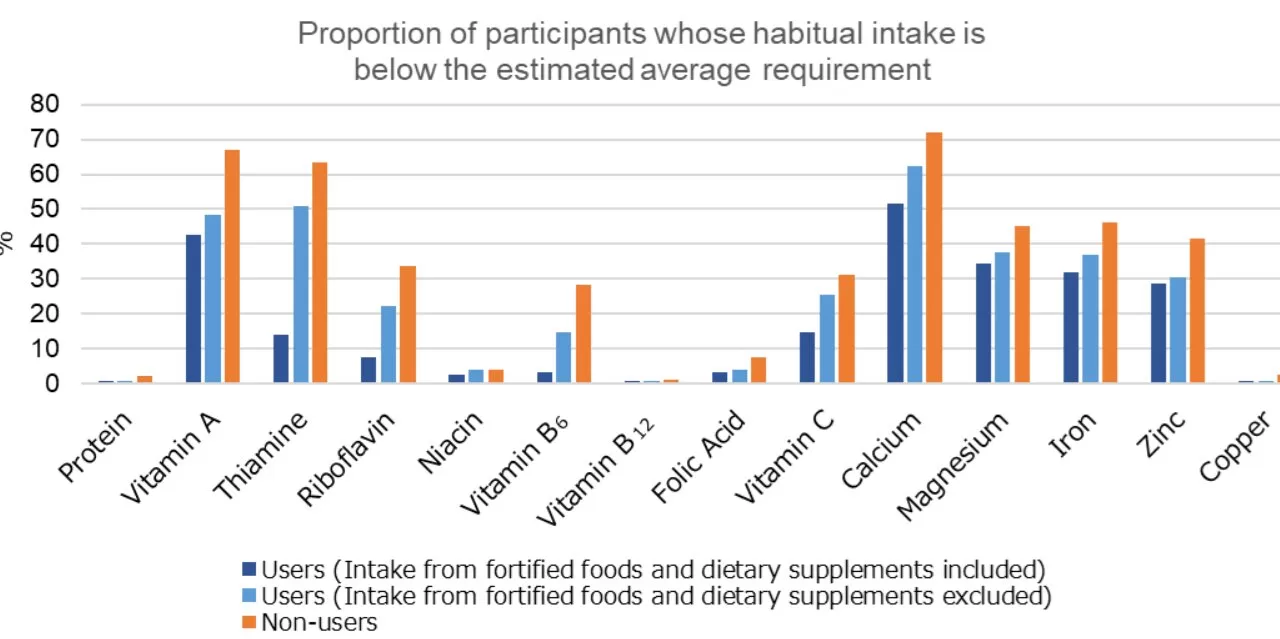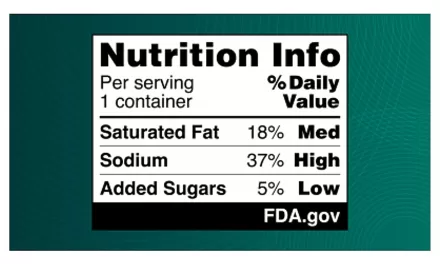A recent study led by Professor Keiko Asakura and Assistant Professor Minami Sugimoto from the Faculty of Medicine at Toho University has shed light on the role of fortified foods and dietary supplements, commonly referred to as “health foods,” in contributing to the nutrient intake of the Japanese population. By analyzing dietary intake data from 2012, the research team explored how these products influence overall nutrient adequacy and health policy development. The findings were published in BMC Nutrition on September 27, 2024.
The study highlights a key distinction between users and non-users of fortified foods and dietary supplements. Individuals who consumed these products had higher nutrient intake levels from their base diets alone, excluding the contributions of fortified foods and supplements. Additionally, they were more likely to meet the adequate intake levels recommended by dietary reference standards. This suggests that those who opt for fortified foods or supplements tend to have healthier base diets compared to non-users.
Fortified foods and supplements were found to play a significant role in ensuring adequate intake of essential nutrients, such as vitamins and minerals, among users. However, the research also uncovered a potential health risk: around 2% of users were at risk of excessive vitamin B6 intake, highlighting the need for cautious consumption of such products.
This study provides valuable insights for health policymakers aiming to improve nutrient intake in Japan. The results underscore the importance of balanced diets and the role that fortified foods and supplements can play in achieving nutritional goals, while also cautioning against the risks of overconsumption.
The study is expected to inform the formulation of dietary guidelines and health initiatives aimed at enhancing public health and ensuring nutritional adequacy across different population groups.
For more details, the study can be accessed in BMC Nutrition under the title: Contribution of Fortified Foods and Dietary Supplements to Total Nutrient Intakes and Their Adequacy in Japanese Adults by Minami Sugimoto et al. DOI: 10.1186/s40795-024-00935-w.












